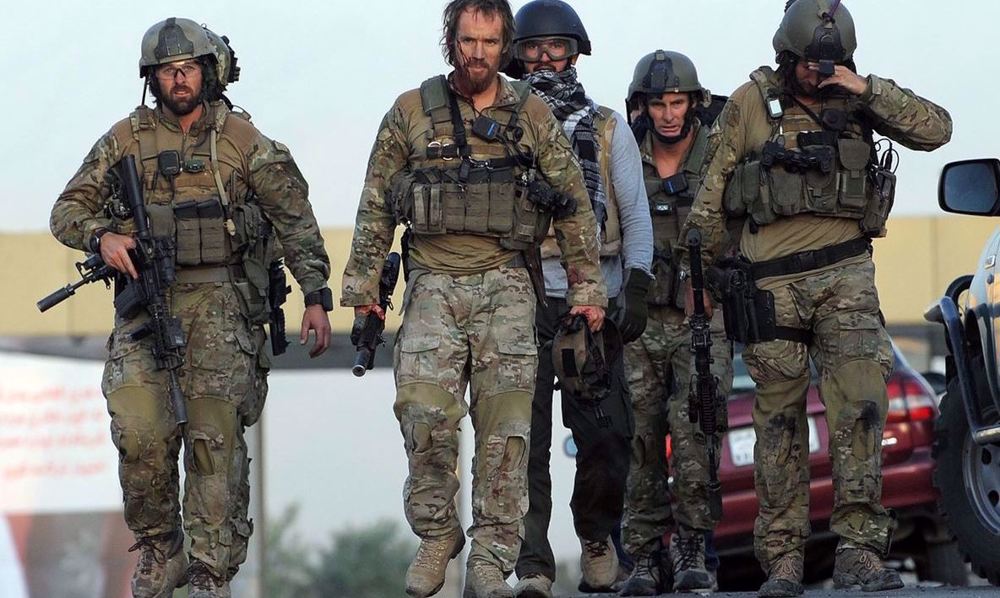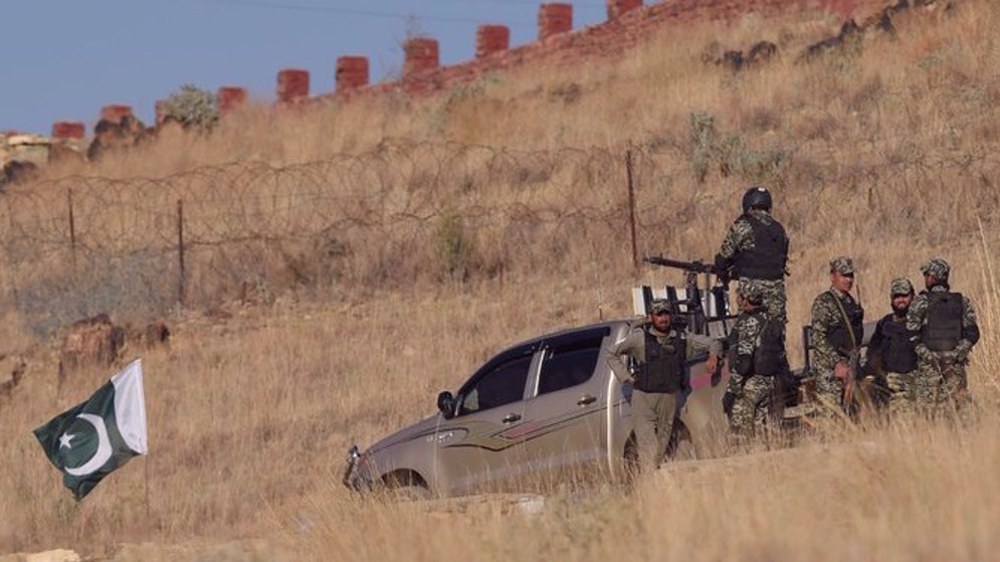Taliban militants reject fresh calls for extending June ceasefire in Afghanistan
The Afghanistan’s Taliban militant group has rejected pleas by the country’s elders and activists for an extension of this month’s ceasefire between Kabul and the militants, saying the requests amounted to a call for surrender to foreign troops.
“They are not speaking about the occupation or the withdrawal of foreigners. Their objective is that we lay down our weapons and accept the regime imposed by the invaders,” said Taliban spokesman Zabihullah Mujahid in a statement on Monday.
He also rejected the peace “slogans” and strongly called on civil society activists and others not to join movements he accused of playing into the hands of the United States and other foreign countries, allied with Washington, the Taliban seeks to drive out of the country.
On June 9, Taliban announced in a statement that it had agreed to a week-long truce deal proposed by the Afghan government, saying that foreign forces would be excluded from the ceasefire and operations would resume against them.
Taliban militants themselves, however, announced a three-day truce of their own starting on June 15, saying on June 17 that they would not extend it, a day after Afghan President Mohammad Ashraf Ghani announced the extension of the week-long period of truce with the militant group until an unspecified time.

Last week, a relatively small group of peace marchers arrived in Kabul after traveling a 700-kilometer trek on foot from the southern province of Helmand earlier this month, chanting, “We want peace!” and “Stop fighting!”
“Tribal elders may not be able to bring about peace and create a ceasefire to the whole country but they can for their own districts and they will,” said Dawlat Wazir, an elder in Jani Khil district in the eastern province of Paktia, where elders held a meeting that drew hundreds of people at the weekend, calling on Kabul and Taliban militants to stop fighting in their area.
“We are so fed up with operations by government forces in our areas that trigger fighting for days,” said Malek Sakhto, one of the elders behind the meeting, adding, “We're pleading with the government and the Taliban to agree on a ceasefire and stop killing each other and civilians.”
After announcing their refusal to extend the truce on June 17, Taliban militants attacked security forces in numerous districts of eastern and southern Afghanistan.
Taliban’s five-year rule over at least three quarters of Afghanistan came to an end when the US and its allies invaded the country on October 7, 2001 as part of Washington’s so-called war on terror. Despite the presence of foreign troops across the country, Taliban has been involved in widespread militancy, killing thousands of civilians as well as Afghan security forces and displacing tens of thousands of people across the country ever since.
Daesh has also taken advantage of the ongoing chaos in Afghanistan to establish a foothold in the country and recruited some of its members from among Taliban defectors. As a result, Taliban and Daesh have frequently fought each other in Nangarhar and elsewhere.
Italian TV exposes Israeli manipulation of EU institutions
UK anti-corruption minister Siddiq resigns over links to Bangladesh ‘embezzlement probe’
VIDEO | Indian-administered Kashmir honors Imam Ali’s legacy of justice, leadership
Israel kills female Palestinian journalist based in Gaza’s Indonesian Hospital
US lawmakers demand answers from Biden on Israeli killing of Turkish-American activist
Araghchi: Iran never left negotiation table as its nuclear program ‘peaceful’
Jan. 14: ‘Axis of Resistance’ operations against Israeli occupation
VIDEO | UNRWA’s financial crisis deepens amid support cuts















 This makes it easy to access the Press TV website
This makes it easy to access the Press TV website